As we start 2023 and enter the Lunar New Year of the Rabbit, we also head into our 15th anniversary and the first year of our school’s first ever strategic plan. Exciting times for PKS!
In the midst of so many challenges faced by educators coming out of the three years of the pandemic, it finally feels like we are able to get back to some of the longer term initiatives that drive the future of our school -- and the future of education.
Chinese Early Language & Immersion Network (CELIN)
Recently I came together with a national advisory group for the Chinese Early Language & Immersion Network (CELIN), an initiative I helped found almost a decade ago. As a young, innovative, and fairly nimble independent school, PKS is able to build and refine concepts, approaches, and examples that other schools are able to adopt and adapt to their own school environments and communities. Throughout the course of our discussions, the hot topics were all areas in which PKS is playing a pioneering role.
1. Building more (and more effective) early childhood Mandarin immersion programs
Around the nation, supporting the growth of preschool Mandarin programs is of strong interest. Many are struggling because their approach is essentially to bring foreign language instruction to an audience of 2, 3, and 4 year olds. Our Reggio Emilia inspired approach is a clear model for the ways in which immersion education for our youngest learners can be joyful, natural, interactive, dynamic, and highly effective for all learners. As the very first Reggio Mandarin immersion program in the nation, our preschool teachers are setting a high bar for their fellow practitioners -- and other schools are beginning to adopt these models and best practices.
PKS is also proud to be hosting this year’s Early Childhood Chinese Immersion Forum (ECCIF) on the PKS campus in late March 2023 – this is the premier education conference showcasing the very best of instructional practices for young learners.
2. Bringing more Mandarin into the elementary school curriculum
Many schools are beginning to move away from a 50-50 model -- where students spend half their day in English and half their day in Chinese -- to an 80-20 or 90-10 model where the majority of the instruction is delivered in Mandarin. Again, PKS was early to adopt this model and has been an exemplar in building this type of program. We have been a key thought leader in showing how this is beneficial not only from a language immersion standpoint, but also because it increases the coherence and consistency of instruction by focusing on one language and one set of teachers throughout the day. What we and a few other pioneering schools have shown is that there is no appreciable impact on the development of English literacy with this model -- but that there is a significant benefit to Chinese language proficiency and literacy, as well as to the quality and consistency of the student learning experience.
3. Incorporating aspects of social justice and anti-racism in a Chinese immersion setting
We have written and shared much about our efforts in diversity, inclusion, community service, and anti-racism, and we are excited to be partnering with Dr. Keisha Siriboe on parent workshops, as well as ongoing work with our faculty across grade levels. I recently contributed a piece to the CELIN blog on the Asia Society website called “Why Mandarin Immersion Students are Uniquely Prepared to Address Issues of Diversity and Racial and Social Justice” It’s been highlighted as a call to other schools about what's possible, and the ways in which our students continue to be exemplars of open-minded engagement with the world.
4. Mirroring best practices in the English and Chinese language classrooms
Our team at PKS have also been pioneers in building models for literacy development that were created for the English language arts classroom and adapting them for the learning of Chinese. Whereas many schools are only using models of foreign language instruction in the Chinese language classroom, we are mirroring practices that are generally used in first language (i.e., English language) classrooms. Our pedagogical team and teachers have developed approaches for Chinese literacy adapted from the widely used Columbia University Reading & Writing Project, and measures for Chinese literacy modeled on the popular Fountas & Pinnell literacy framework. These are major innovations in the field that are creating both meaningful experiences and solid outcomes for students.
5. Creating motivating upper elementary and middle school immersion experiences
Finally, schools across the country are struggling with extending joyful and dynamic learning beyond the early years and through the upper elementary and middle school grades. With our international travel program starting in middle school, and the robust project-based learning that happens throughout the middle school program, we are creating a path for students to extend not only the breadth and depth of their knowledge and global competencies, but also a foundation for lifelong learning. Having completed a number of studies of middle and high school immersion programs nationwide, I know that most programs see a precipitous decline in student engagement and motivation in middle school. Our PKS Middle School team has created a very different model, where our students are engaged in authentic learning on a daily basis, directly address and deeply interrogate critical issues from multiple perspectives, and show a proactive commitment to positive social change.
As Reggio Emilia founder Loris Malaguzzi put it: "Niente senza gioia" or "Nothing without joy," which in Chinese we might associate with the phrase 寓教于乐.
I’m appreciative to be part of a community that is innovating at the intersection of so many important trends in education and beyond! As PKS enters its 15th year, we’ve launched a strategic plan that will guide our continuing work through our 20th anniversary in 2028. Onward!
